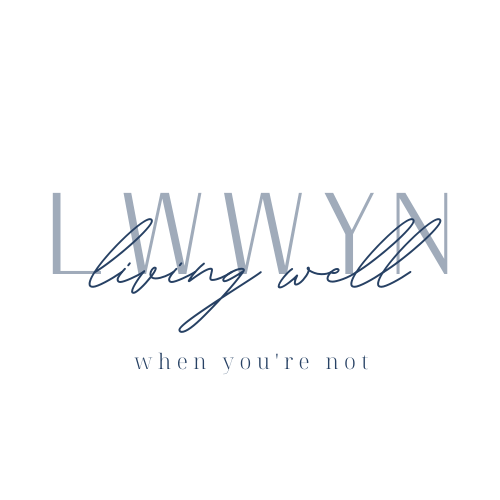Regain Your Power
Chronic illness can make us feel as if we have lost our power, that indescribable, propelling force that makes us who we are. We feel helpless to change our circumstances as our bodies don’t behave as we want them to, or we are overwhelmed by fatigue and pain. This shattering of the self we once knew comes with altered plans, relying on others for help, being misunderstood by loved ones, and dismissal and invalidation by some in the white coat club. Our reality has shifted, but these are merely circumstances, albeit difficult ones. My journey into illness has taught me that the only true reality is that circumstances change, and how we react to those changes determines, in large part, our happiness. Powerlessness can be the pathway to true power once we stop trying to dominate our bodies or our diseases. This new viewpoint allows me to untether from my image of myself as sick and unable to live a fulfilling life. We are constantly bombarded with messages that tell us that if we fight hard enough, we can beat anything. We sometimes stay in fight mode because the people around us understand this, and it’s easier than explaining your decision to live well with your disease. All-or-nothing thinking prevents us from seeing new possibilities and realizing that our authentic power comes from within, not from what we do or how our body feels. Today is the intersection of the future and the past. If we only look to the past with nostalgic longing or only seek a future that will bring us joy, we become blind to the blessings we have right now.
Chronic illness calls us, almost daily, to choose to live into our true selves without the external validation that comes from what we do. We all have things that happen in our lives that shake us awake. We get a surge of perspective that often wanes as the intense circumstance passes. Chronic illness doesn’t pass. There are times of crisis or acute symptoms, but the illness doesn’t go away. So, those of us with chronic illness can tie our sense of well-being to times when symptoms are manageable and people are understanding, or we can have hope. By hope, I don’t mean clinging to the idea that a cure is just around the corner or that our loved ones will have sudden insight into our situations. We can work toward those things, which matter, but we must expand our view of who we are, so failure doesn’t come like a thief and steal our power. Optimism can circle back around to a feeling of powerlessness if what we dreamed of doesn’t happen. Hope is deeper than optimism. It’s knowing that the human spirit can grow and flourish no matter the circumstances. It’s knowing that sharing our uncensored version of ourselves lets others see that all of it: the pain, the suffering, the beauty, and the joy are our story. We can then rest in knowing that we are worthy just because we are. That’s where our power lies. Be kind to yourself. This is hard work. No one can achieve a perfect state of being. It’s more like navigating a maze. There will be dead ends, and you’ll have to retrace your steps and try again. Each time you hit a dead end, returning to the path is easier because of where you’ve been.
Don’t misunderstand me; stand up for yourself when you need to, but don’t approach every situation as a battle to be won. Write those letters to doctors and hospital administrators when necessary, learn everything you can about managing your condition, join support organizations for your particular disease, and educate your loved ones about your condition.
